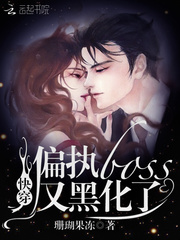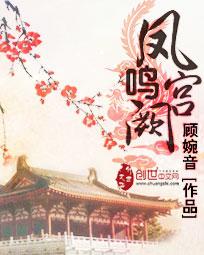CHAPTER VI.
您可以在百度里搜索“Pierre: Or, The Ambiguities 艾草文学(www.321553.xyz)”查找最新章节!
CHAPTER VI.
WHEN in his imaginative ruminating moods of early youth, Pierre had christened the wonderful stone by the old resounding name of Memnon, he had done so merely from certain associative remembrances of that Egyptian marvel, of which all Eastern travelers speak. And when the fugitive thought had long ago entered him of desiring that same stone for his head-stone, when he should be no more; then he had only yielded to one of those innumerable fanciful notions, tinged with dreamy painless melancholy, which are frequently suggested to the mind of a poetic boy. But in after-times, when placed in far different circumstances from those surrounding him at the Meadows, Pierre pondered on the stone, and his young thoughts concerning it, and, later, his desperate act in crawling under it; then an immense significance came to him, and the long-passed unconscious movements of his then youthful heart seemed now prophetic to him, and allegorically verified by the subsequent events.
For, not to speak of the other and subtler meanings which lie crouching behind the colossal haunches of this stone, regarded as the menacingly impending Terror Stone—hidden to all the simple cottagers, but revealed to Pierre—consider its aspects as the Memnon Stone. For Memnon was that dewey, royal boy, son of Aurora, and born King of Egypt, who, with enthusiastic rashness flinging himself on another's account into a rightful quarrel, fought hand to hand with his overmatch, and met his boyish and most dolorous death beneath the walls of Troy. His wailing subjects built a monument in Egypt to commemorate his untimely fate. Touched by the breath of the bereaved Aurora, every sunrise that statue gave forth a mournful broken sound, as of a harp-string suddenly sundered, being too harshly wound.
Herein lies an unsummed world of grief. For in this plaintive fable we find embodied the Hamletism of the antique world; the Hamletism of three thousand years ago: "The flower of virtue cropped by a too rare mischance." And the English Tragedy is but Egyptian Memnon, Montaignized and modernized; for being but a mortal man Shakspeare had his fathers too.
Now as the Memnon Statue survives down to this present day, so does that nobly-striving but ever-shipwrecked character in some royal youths (for both Memnon and Hamlet were the sons of kings), of which that statue is the melancholy type. But Memnon's sculptured woes did once melodiously resound; now all is mute. Fit emblem that of old, poetry was a consecration and an obsequy to all hapless modes of human life; but in a bantering, barren, and prosaic, heartless age, Aurora's music-moan is lost among our drifting sands which whelm alike the monument and the dirge. Pierre: Or, The Ambiguities
